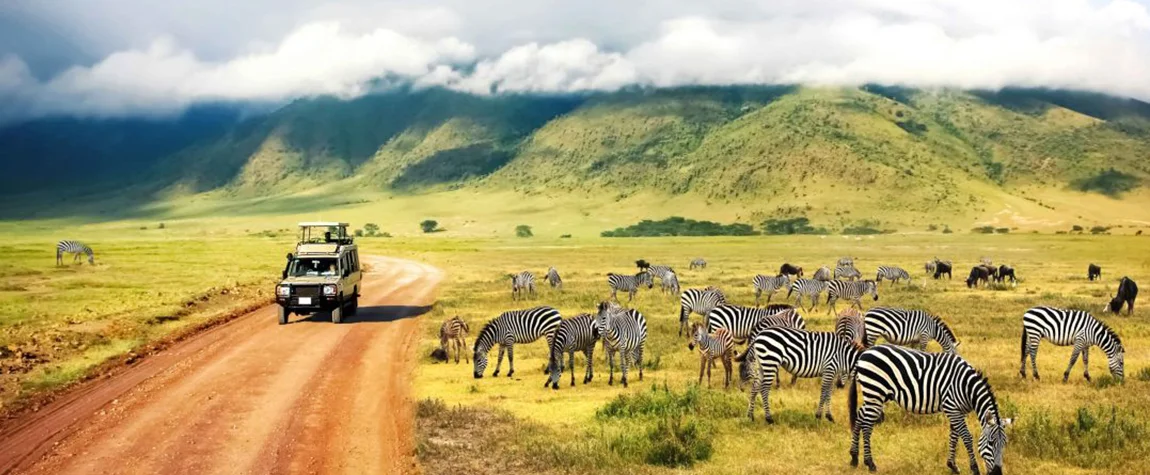The late Robert Wallace.
By Staff Writer Sukhdev Chhatbar
In Tanzania, Christian funerals often follow a familiar rhythm — solemn hymns, a church service and a slow procession behind a flower-covered casket. However, on October 25, the farewell ceremony for the late Robert Wallace, a Braeburn School teacher, passionate sportsman, and promising volunteer columnist for The Arusha News, took a very different turn.
There was no casket to follow, no mourners in black. Instead, there were running shoes, bicycles, water bottles — and laughter. Friends, colleagues, students and neighbours gathered at the United World Colleges (UWC) East Africa, Arusha Campus, for the Rotary Club of Arusha West Side Triathlon, turning grief into motion and remembrance into celebration.
Wallace, who tragically lost his life in a hit-and-run car accident on October 8, was 67 and would have turned 68 next month. He had only recently begun writing for The Arusha News, launching the “Potpourri” column filled with warm reflections on everyday life — hinting at a fresh voice that was just beginning to bloom.
The triathlon featured a range of races — from kids’ and junior runs to the Olympic category — each echoing Wallace’s boundless energy. From sunrise through afternoon, cheers and cowbells mingled with music as participants crossed the line, many wearing cycling caps or bibs in his honour.
The organisers confirmed that proceeds would go to support the Rotary Club of Arusha West Side’s charity projects — causes that reflected Wallace’s deep belief in mentorship, learning and community service.
A particularly moving moment came when Erik Rowberg, Wallace’s close cycling friend, was named the first recipient of the Robert Wallace Trophy, recognising dedication to sportsmanship, friendship and community spirit.
Hushed conversations carried a heartfelt suggestion: that future editions of the Rotary Triathlon might one day bear Wallace’s name — a fitting way to keep his memory alive in a cause he so much loved.
But Robert Wallace’s legacy did not end there. In a remarkable and deeply meaningful act, his family chose to donate his body to the Kilimanjaro Christian Medical Centre (KCMC) for medical education and research — a not-so-common gesture that has been described by doctors as selfless and profoundly inspiring.
The decision fulfilled a wish that Wallace had clearly set out in his will. It also followed in the footsteps of his late father, who, upon his own passing years earlier, had donated his body for scientific research. In doing so, Robert extended a family tradition of service through science — ensuring that both father and son continue to teach, even in death.
“My father gave his life to teaching, to friendship and to humanity,” said Andrew Wallace, his son. “In keeping with his wishes, we have handed his body to the government for medical purposes — so that even in death, he continues to serve, teach and inspire others.”
In a letter to the family, KCMC’s Department of Anatomy and Neuroscience expressed its heartfelt appreciation:
“Your family’s selfless act will significantly contribute to the advancement of medical education and research. We assure you that your father’s remains will be treated with the utmost respect and care,” read the letter.
KCMC confirmed that the body will be used for academic and research purposes throughout the 2026–2027 academic year, after which the remains will be cremated in a dignified ceremony. The family will be invited to attend and collect the ashes as part of the institution’s tradition of honouring those who contribute to the advancement of medical knowledge.
“This noble deed honours your late father’s intention,” the department added. “Your contribution to medical education is invaluable and we remain deeply grateful for your trust.”
British by nationality, Wallace had made Arusha his home — its classrooms, roads and cycling tracks his everyday world. His decision to leave his final gift in Tanzania reflects a profound bond with the people and place he wholeheartedly cherished.
Had Robert Wallace witnessed his own farewell, he might have smiled quietly — adjusted his helmet, tightened his shoes or sandals and joined the race. For him, life was never about standing still; it was about moving forward — together. Indeed, this was a farewell with a difference — a legacy that will keep running for years to come.



